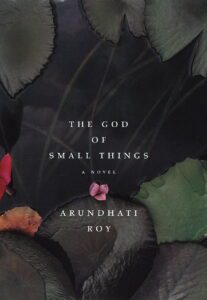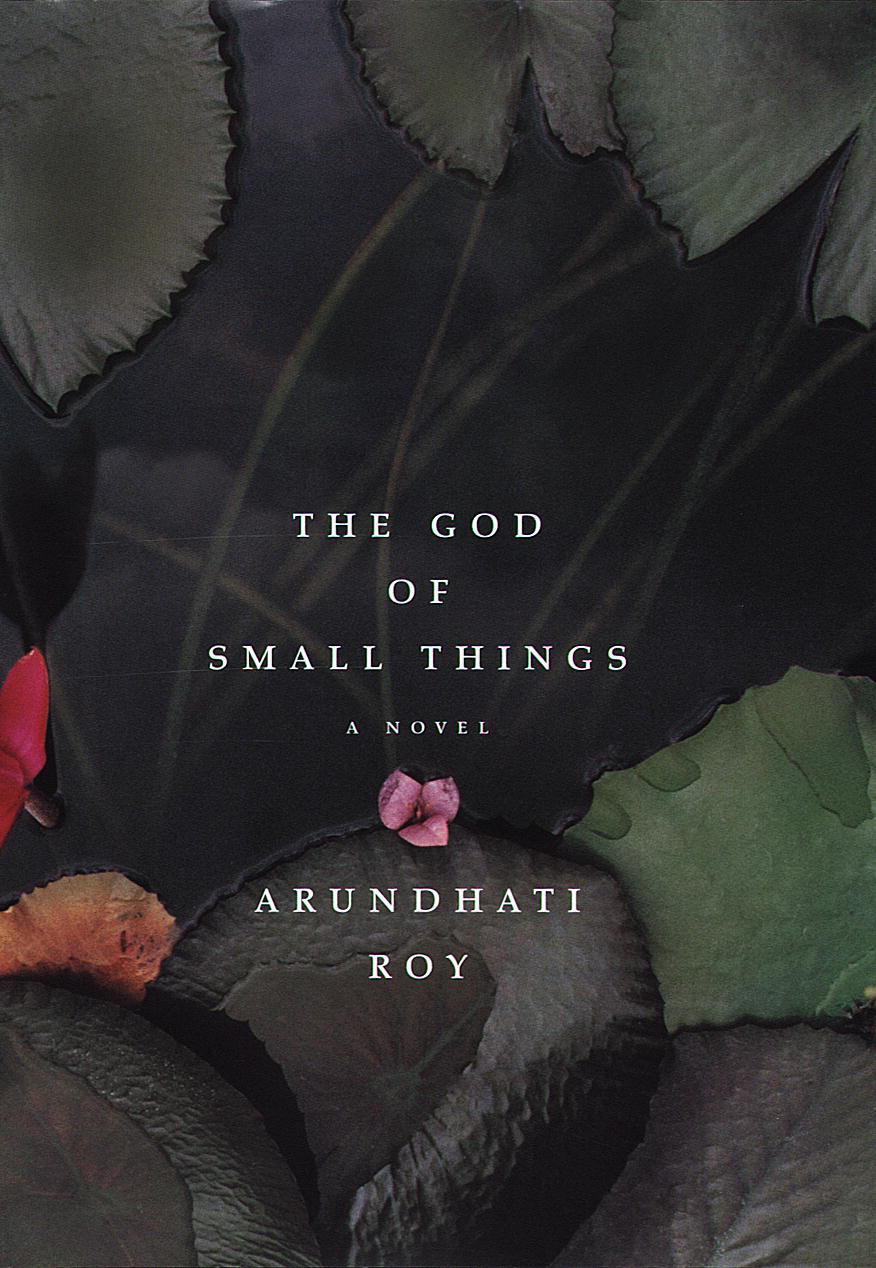
Author: Arundhati Roy
Publication Year: 1997
Length: 340 pages
I’m not sure what it is about me and books set in India or about Indians. It’s not necessarily that I seek them out, but they just seem to come my way. And I generally like them. They have that nice mixture of comedy and tragedy that all good books (and plays) should have. They tend to have a semi-poetic way about them, without delving into rhyming prose and abstract illusions that meander away from the plotline. This book is especially heavy on the natural and visual metaphors–which can a little heavy-handed at times, but create great scenery in a two dimensional world. Indian books also seem to be filled with outrageous, but familiar characters. Several here remind me of my wacky great aunt–who just happens to degenerate into Hindi every once in a while. They are humorous without intentionally being that way. They are filled with superstition and old-time religion and social ideas that seem absurd in modern society. Somehow the authors, like Roy, treat them lovingly despite their eccentricities and aberrant behavior. The complaint often leveled against this particular book is the way it skips around in time. Apparently people find it hard to figure where the characters are in the time-space continuum from one scene to the next because of the way Roy goes forward and backward in time in what seems like a pretty random manner. I honestly found the non-linear narrative structure one of the more interesting things about the book. There were a few instances where you might have to read five sentences into the chapter to know where you are time-wise, but it’s pretty clear if you pay close attention are are involved with the book and its characters. Writing the story in these snippets of time must have been incredibly difficult–especially making it so things slowly become apparent to you despite the jigsaw puzzle approach to the storytelling. It’s easy to write mystery on a linear timeline, but by revealing pieces of the future and pieces of the past that come together in the present at the end of the story is a pretty big chore. The plot is too much to explain, other than the fact it revolves around a dysfunctional Indian family, their struggles with everything, and the bizarre way they deal with death, affairs, the caste system, communism, molestation, entomology and everything else under the sun. I can see this thing in the hands of every book club in every suburban home in America.


